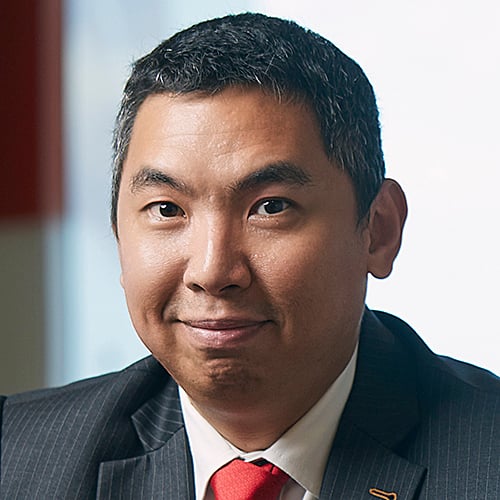For most investors in Asia the risk of acid rain is rarely, if ever, front of mind. But for people living in the US, Canada and northern Europe through the second half of the 20th century, the problem – caused by sulphur dioxide emissions from industry – was all too immediate. Trees were stripped of leaves, freshwater lakes became devoid of life and historic monuments began to dissolve.
In a radical departure from conventional public policy at the time, the problem was partly solved by the private capital markets. The 1990 US Clean Air Act introduced a pollution cap and trade scheme that capitalized on what is known as the ‘marginal cost of abatement’: the notion that what is difficult and expensive in one place may be less so in another, and that private investment would flow to where pollution was least costly to abate. The idea worked and sulphur dioxide emissions plummeted at a fraction of the projected cost. The Economist called it “…the greatest green success story of the past decade”.
Today, this pioneering markets-based approach forms a key element of solving another crisis: climate change, described as the greatest societal challenge – and investment opportunity – in human history. The carbon markets turn over hundreds of billions of dollars of trade in carbon allowances and credits annually, which together are commonly referred to as carbon offsets. The market for carbon offsets has historically been driven by two sources of demand: governments requiring businesses to address their emissions; and companies acting of their own accord.
There is also a new and growing source of demand for carbon offsets: investors who recognize the opportunity to generate financial returns while also financing solutions where climate change is hitting hardest. These investors recognise the short- and long-term opportunities that present themselves in a maturing market and see that prices are likely to increase dramatically as government and business pledges to reduce carbon emissions begin to take effect.
The entry of investors is welcome news for anyone concerned with the climate. High quality carbon offset projects require significant funds which can be challenging to raise from traditional philanthropic and government sources, so project proponents, non-governmental organizations and community groups are welcoming investors with open arms. The result is a diversity of investment pathways, including carbon exchange-traded funds providing passive market exposure, and the growth of specialist firms like Carbon Growth Partners managing curated portfolios of high-quality, high-impact carbon credits and credit-generating projects.
As with many new asset classes, Asia’s family offices – managing more than US$1 trillion in assets – were among the first to move, but institutional investors are now also taking notice. This year the global asset management behemoths Citi Group and State Street – with US$60 trillion of assets under custody between them – both signalled their intent to start participating in carbon markets. The State Street report that accompanied the firm’s announcement stated that adding carbon assets can “enhance diversification” and may “enhance risk-adjusted returns” to both traditional and alternative portfolios.
And that is not all. By providing new finance at scale, investors in carbon markets are helping to accelerate the pace and scale of climate change solutions. And as anyone reading a rain gauge or a thermometer in Asia knows, that can’t come soon enough.
Stephanie Russo is the chief strategy officer at Carbon Growth Partners.









